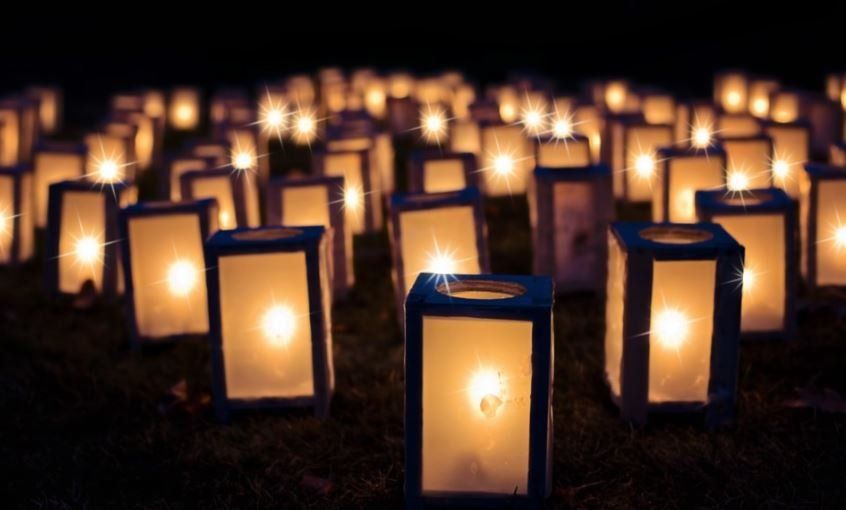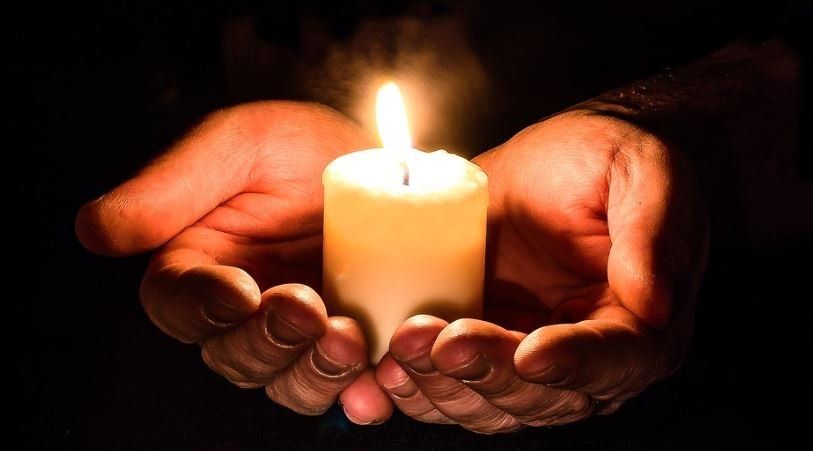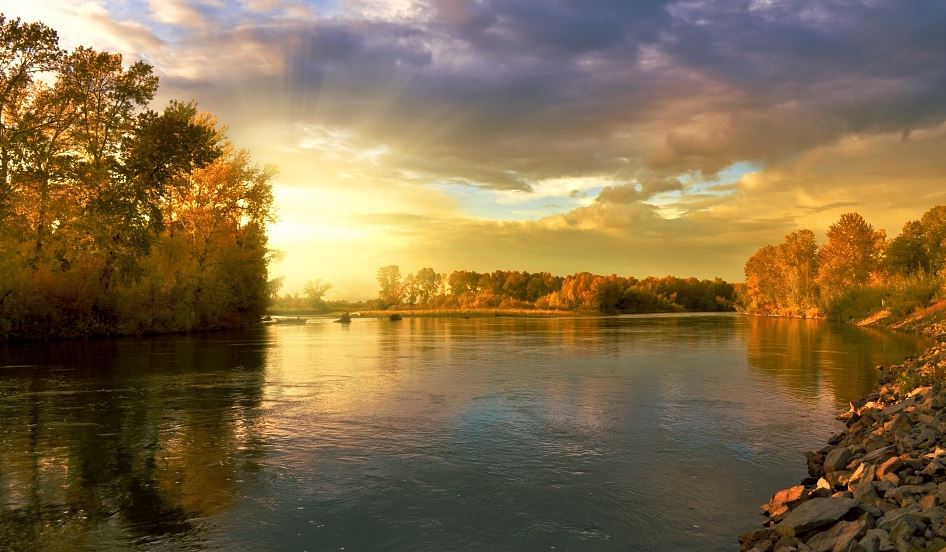Explaining Cremations to Children
- By jgreen
- •
- 04 Feb, 2019
- •

Explaining cremations in Niagara, WI to children goes hand in hand with explaining death. Since the death of a loved one, such as a grandparent, might be a child's first exposure to death, it's important to explain death and cremations in a way that recognizes the child's ability to understand and brings them comfort.
For some children, the death of someone they love when they are very young is the first time they are aware of mortality, death, and dying. Even for older children who may be familiar with these concepts, they may not know much, if anything, about what happens after someone dies.
A good way to start explaining cremations is to ask your children if they have questions after a loved one has died. This will help make sure that your explanation has the right level of detail and information they need. Follow your children's lead in explaining what they are most interested in knowing, in a way that's appropriate for their ages.
Since really young children may not be able to understand the concept of death, the most important aspect of cremations for them to understand is that their loved one will not suffer any pain during the cremation process.
One of the ways you can introduce them to death in this conversation is to tell that that death itself ended all the pain and suffering of their loved one. Let them know the body was just a temporary house for the spirit of their loved one, and when death occurred, the spirit left the body. Without the spirit, the body can't feel pain or anything else. Make sure they understand that the spirit, which we can't see, and the body, which we can see are two different things. The analogy of a butterfly leaving its cocoon may be an excellent way to illustrate this concept to very small children.
After children understand death, it will be much easier to explain cremations. You want to explain cremations in a way that doesn't make your children afraid, so there are few guidelines that might be helpful:
Stay calm and objective when discussing cremations and keep your explanations simple.
Don't use words that might trigger alarm.
If your family has religious beliefs, use them to help explain what happens to the spirit after death.
Validate your children. They need to know their feelings and their questions are normal. They also need to understand that it's okay be sad and to cry. Let them know you're there for them.
School-age children may be able to handle more detailed explanations about cremations, but they should not generate fear or concern or nightmares. School-age children may be more interested in why someone would choose to be cremated instead of buried. If you know the specific reasons, and they're appropriate to share, then do that. And always ask questions.
The most important thing for your children, when discussing death and cremations, is honesty. This is an important step in maturing for your children and lying to them about any aspect is doing them a disservice.
If you need some guidance in explaining cremations in Niagara, WI to children, our compassionate and experienced staff at Jacobs Funeral Homes & Crematory can help. You can visit our funeral home at 1244 River St., Niagara, WI 54141, or you can call us today at (715) 251-4100.












